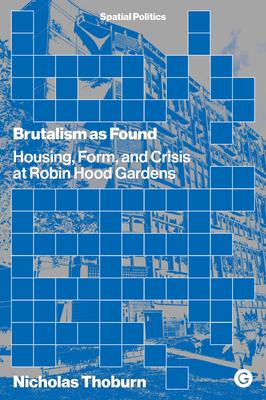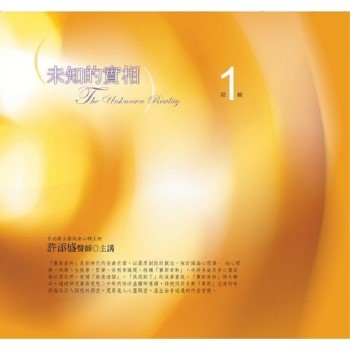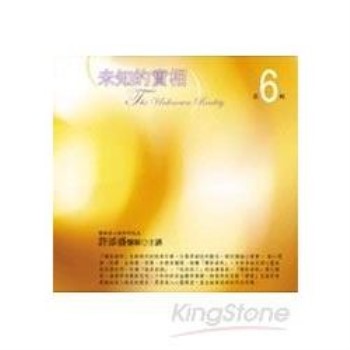A critical appropriation of Brutalism in the crisis conditions of today.
The Robin Hood Gardens public-housing estate in East London, completed in 1972, was designed by Alison and Peter Smithson as an ethical and aesthetic encounter with the flux and crises of the social world. Now demolished by the forces of speculative development, this Brutalist estate has been the subject of much dispute. But the clichéd terms of debate--a "concrete monstrosity" or a "modernist masterpiece"--have marginalized the estate’s residents and obscured its architectural originality. Recovering the social in the architectural, this book centers the estate’s lived experience of a multiracial working class, not to displace the architecture’s sensory qualities of matter and form, but to radicalize them for our present. Immersed in the materials, atmospheres, social forms and afterlives of this experimental estate, Robin Hood Gardens is reconstructed here as a socio-architectural expression of our times out of joint.| FindBook |
有 1 項符合
Brutalism as Found: Housing, Form, and Crisis at Robin Hood Gardens的圖書 |
 |
Brutalism as Found: Housing, Form, and Crisis at Robin Hood Gardens 作者:Thoburn 出版社:Goldsmiths Press 出版日期:2022-12-27 語言:英文 規格:平裝 / 224頁 / 普通級/ 初版 |
| 圖書館借閱 |
| 國家圖書館 | 全國圖書書目資訊網 | 國立公共資訊圖書館 | 電子書服務平台 | MetaCat 跨館整合查詢 |
| 臺北市立圖書館 | 新北市立圖書館 | 基隆市公共圖書館 | 桃園市立圖書館 | 新竹縣公共圖書館 |
| 苗栗縣立圖書館 | 臺中市立圖書館 | 彰化縣公共圖書館 | 南投縣文化局 | 雲林縣公共圖書館 |
| 嘉義縣圖書館 | 臺南市立圖書館 | 高雄市立圖書館 | 屏東縣公共圖書館 | 宜蘭縣公共圖書館 |
| 花蓮縣文化局 | 臺東縣文化處 |
|
|
圖書介紹 - 資料來源:博客來 評分:
圖書名稱:Brutalism as Found: Housing, Form, and Crisis at Robin Hood Gardens
內容簡介
作者簡介
Nicholas Thoburn joined Manchester Sociology in 2003, having taught in sociology and cultural studies departments in London, UK. His research is located in political sociology and the sociology of culture and media, with a focus on the sociology of publishing (post-digital, small press, experimental, and communist publishing); architecture and social housing (Brutalism, Robin Hood Gardens, Alison and Peter Smithson); and social and political theory. He is a member of the editorial board of the culture and politics journal New Formations. Thorburn’s previous publications include Deleuze, Marx and Politics, and Anti-Book: On the Art and Politics of Radical Publishing.
|











